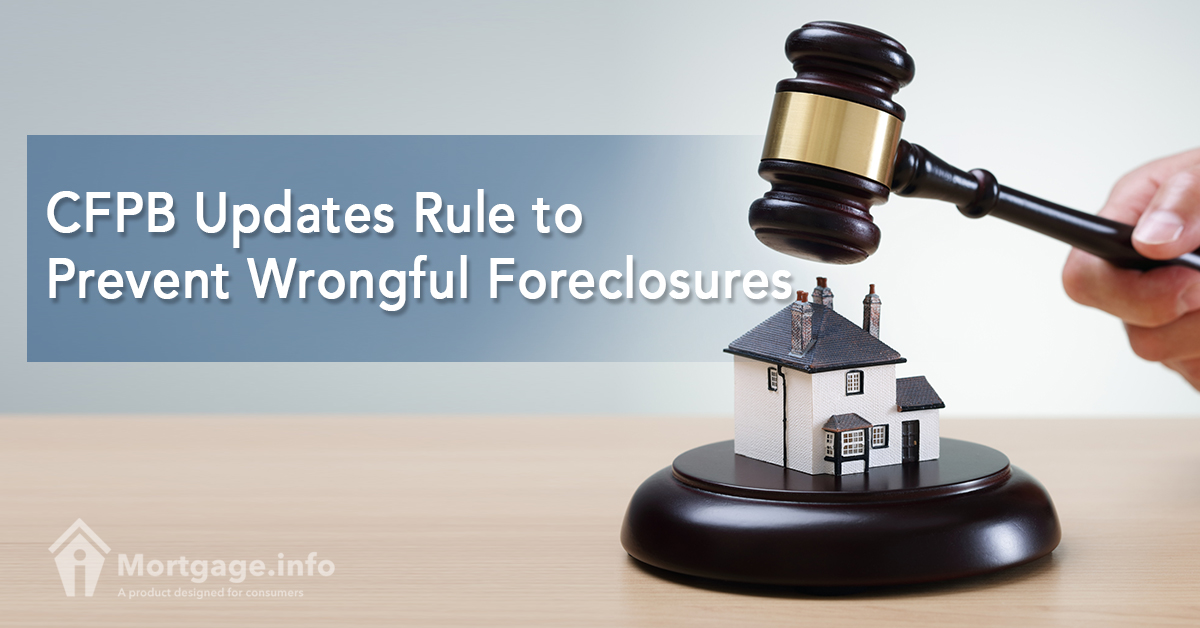
The Consumer Finance Protection Bureau has put in place additional measures to protect borrowers and their successors-in-interest from wrongful foreclosures.
“These updates to the rule will give greater protections to mortgage borrowers, particularly surviving family members and other successors-in-interest, who often are especially vulnerable,” according to Richard Cordray, director of the CFPB, in an August 4 statement.
The rule, as updated, will require mortgage servicers — they are mainly tasked to collect mortgage payments – to give foreclosure protections to certain borrowers more than once during the term of the mortgage loan.
“This change will be particularly helpful for borrowers who obtain a permanent loan modification and later suffer an unrelated hardship – such as the loss of a job or the death of a family member – that could otherwise cause them to face foreclosure.”
In the event of a borrower’s death, his/her surviving family members, heirs, or others having legal interests in the property, known as successors-in-interest, will be given the same foreclosure protections as enjoyed by the borrower.
The CFPB also requires mortgage servicers to provide borrowers who are in bankruptcy with information tailor-made for them such as loss mitigation options or periodic statements.
Another requirement is for mortgage servicers to notify borrowers about their loss mitigation application status so they’d be aware of their foreclosure protections. Under loss mitigation, the lender and the borrower negotiate to prevent foreclosure, e.g. loan modification.
In the event a borrower filed a loss mitigation application with his/her old servicer and the subject mortgage is transferred to another servicer, the new servicer is required to follow the same requirements and timeframes used by the original servicer.
More importantly, the rule clarifies what mortgage servicers should do or not do to prevent illegal outcomes: dual-tracking and wrongful foreclosures. Mortgage servicers or their counsel are prohibited from seeking foreclosure judgment/sale order, or conducting a foreclosure sale upon the receipt of a timely and completed loss mitigation application, subject to exceptions.
The new rule also clarifies that a borrower is considered delinquent “on the date a borrower’s periodic payment becomes due and unpaid.”
The effectivity of the majority of these changes will be 12 months from being published in the Federal Register, with successors-in-interest and bankruptcy-related provisions becoming effective 18 months from the said publication date.
The CFPB approved these changes to the rule that took effect in January 2014 to then respond to “widespread” mortgage servicing problems. It was during the financial crisis (2007-2009) that mortgage defaults rose and mortgage servicers came under fire for, among other things, “robosigning” when a mortgage servicing employee signs foreclosure documents automatically and without proper review, Reuters pointed out.
Mortgage Defaults Lowest Since Early 2007, Equifax Says
As of June 2016, defaults on first mortgage loans totaled 17,909, which is the lowest level recorded since Jan. of 2007, and related write-off rate reverted to its historic normal levels at 3.3 basis points (bps) of outstanding mortgage balances, according to recent data released by Equifax.
Equifax SVP and Chief Economist Amy Crews Cutts commented in an August 9 statement, “The backlog of foreclosures from the financial crisis finally appears to be waning and write-offs are returning to historically-normal levels. Rising home values have helped significantly, as have improving labor markets. Given the low inventory of homes for sale and the overall improving credit profile of the U.S. consumer, we expect home sales to maintain the upward trend we’ve seen in the first half of the year and for mortgage default performance to continue its downward path.”
Notwithstanding the low U.S. write-off rate, the consumer report identified 10 states that exceeded the national average of write-off rates. Leading the list is Puerto Rico with a write-off rate of 12.9 basis points, followed by Nevada with 6.6 basis points, and then Florida and New Jersey with 6.2 basis points each. Delaware came fifth with 5.1 basis points, Mississippi with 5.0 basis points, Maryland with 4.9 basis points, New Mexico and South Carolina both with 4.8 basis points, and Rhode Island with 4.5 basis points.
The Equifax report analyzed more than 220 million consumer data and contains additional insights on home equity lines of credit and home equity installment.
